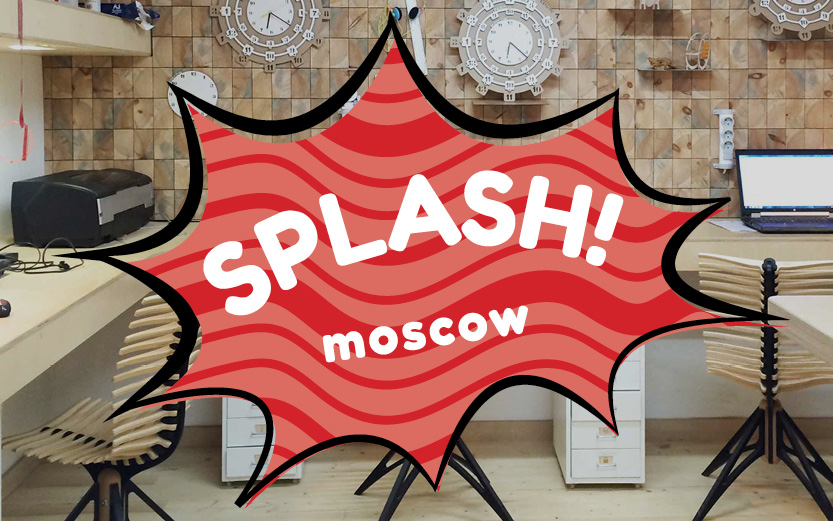PERSPECTIVES ON ICOGRADA DESIGN WEEK IN QATAR

11.02.2009 Features
Interviews compiled and edited by Samara Watkiss
, held all over the world, bring together designers in the best and most diverse sense of the word; people who influence how we communicate, interpret, experience our environments and work together. This breadth of talent and perspective is evident in the comments of Ibrahim Jaidah and Mark Kingwell, two of the keynotes speakers for the upcoming Icograda Design Week in Qatar.
Ibrahim Jaidah (left) is a Qatar native who studied in the United States and is now the Managing Director of the leading architectural design consultancy in Qatar. Mark Kingwell (right) is a professor of philosophy at the University of Toronto and a contributing editor for Harper's Magazine.
Together they represent professional and educator, practice and theory, east and west. But, of course, they transcend all of these categories in their work and innovation. They have been kind enough to share their thoughts on the upcoming Design Week.
What do you imagine first time visitors to Qatar expect and what might be surprising to them?
"I think some expect to see a different culture in a fast growing city, with an open mind for changes, but [still preserving its] identity" say Mr. Jaidah. The images that capture the essence of Qatar are, "downtown, soque waqif and the sand dunes in Sealine."
What are your expectations for your upcoming trip to Qatar, what images do you associate with Qatar?
"The usual clichés, I suppose - women in veils, the big sky, futuristic architecture, lots of conspicuous wealth," says Dr. Kingwell. "This will be my first trip to the Gulf and I am really excited to experience a bit of this cradle of the world."
As an educator, what are your thoughts or expectation for Education City and in particular the Virginia Commonwealth University Satellite in Qatar as a predominantly American faculty educating Qatari students? What impact does it have on indigenous culture, and what are the responsibilities of the design faculty at VCU to the local culture?
"I was interested to see how many US universities are expanding into the region, especially having already seen something similar in China. In that case the results have been obviously positive, at least for the middle-class Shanghainese I know who got degrees, and learned English, through Michigan State or what have you." Dr. Kingwell continues, "I do wonder about the culture issue - what is the balance between a standard US college curriculum and the local population's interest. As a Canadian, and a professor at a large university whose student population is very diverse, I look to this experience as a test-bed for my own thoughts about diversity in education."
The theme for the Design Week in Qatar is Mousharaka, which in Arabic means collaboration. What does collaboration mean to you in a cross-cultural context? What images of successful or unsuccessful collaboration come to mind? What experiences have you had with cross-cultural collaboration?
Collaboration in cross cultural context is successful, Mr. Jaidah says, when people from different backgrounds are able to work together to find a solution, keeping in mind the culture they are serving, but achieving "the most innovative results". "A perfect image, which also reflects my experience is [the] Al Sharq hotel." Experts from many different backgrounds and cultures worked to together "to achieve a unique result." The award winning Al Sharq hotel reflects local culture in its design.
"My home discipline, philosophy, is not very collaborative except in the largest sense," says Dr. Kingwell. "Philosophers tend to work alone, and then send their results into an ongoing collective 'conversation' (it's not really very conversational, more attack and counter-attack). I think art has operated with a similar model, at least for the past two hundred years or so." He continues about the hopeful move toward a more collaborative approach. "It's fascinating to think about the possible benefits of collaboration in, say, coordinated research or crowd-sourcing. My talk, about the city as a collaborative work of art, brings together some of these themes. How is it we manage to create a functional city, day after day? That in itself is a form of cross-cultural collaboration."
What challenges face a designer working in a cross-cultural context? Does collaboration build local knowledge or simply facilitate Westernisation?
"The biggest challenge for a designer working in a cross cultural context is," Mr. Jaidah explains, when a member of the design team doesn't have knowledge of the local culture then, "ideas that don't belong are imposed." He continues that "collaboration does build local knowledge," and through cross-cultural collaboration we not only learn to appreciate other cultures but also our own.
Dr. Kingwell responds that his work is less about specific cultural difference and more focused on the "the core issue of communication - finding 'third language' opportunities between existing groups." He goes on to elaborate on the concept of third language. For example, "I approach [an] artwork, with the hope of understanding it. The work and I occupy separate horizons of meaning. But instead of a model whereby I simply fold the work into my existing understanding [...] the idea is that together we create a new, third language (neither mine nor the work's) in which understanding is possible. [...] Third languages are by definition hybridised and unstable. This model has clear relevance for situations of intercultural exchange, where differences in context may seem to prevent understanding or encourage domination of one partner by the other. Optimistic, of course, but I've seen it work..."
Dr. Kingwell also mentions that in the context of cross cultural collaboration "the specter of 'Westernisation' exists" but that often "what people demonise as Westernisation is really just modernisation."
During the Design week the first ever Design Debate Doha will take place. It is an opportunity for the local community to join the international design community in wrestling with important global issues. The resolution for the debate is: Globalisation harmfully subverts culturally unique sensibilities. Is design a globalising force? How so? Do you agree with this resolution?
Mr. Jaidah, who is a member of the three-person team arguing for the resolution, says "globalisation does [affect] cultures in a negative way especially in the developing worlds, where we still see cultures dissolving and languages forgotten." Although design is a globalising force, he continues, "it can be a positive way to [globalise]." Design allows us to share in the beauty of other cultures and be influenced by them. This leads to "unique designs based on rich cultures".
"Well, I don't want to cast my vote on that resolution yet!" answers Dr. Kingwell. He will join the rest of the audience at Design Debate Doha in weighing the arguments made by each side. He is optimistic though. "Globalisation is an ongoing process, and one we still don't understand very well. Rather than the harmful subversion mentioned, I see a lot of potential in hybridising cultures [...] That's optimistic, but if a cynic like me can be an optimist too, then that's what I want to be."
For more information about the upcoming Icograda Design Week in Qatar, from 28 February - 5 March 2009, visit the Mousharaka website.
About Samara Watkiss In 2007, Samara served as an intern at the Icograda World Design Congress in La Habana, Cuba. She has conducted the above interviews as part of her education and will be joining the Icograda Secretariat team at the Design Week in Qatar to expand on this project. |

relatedarticles
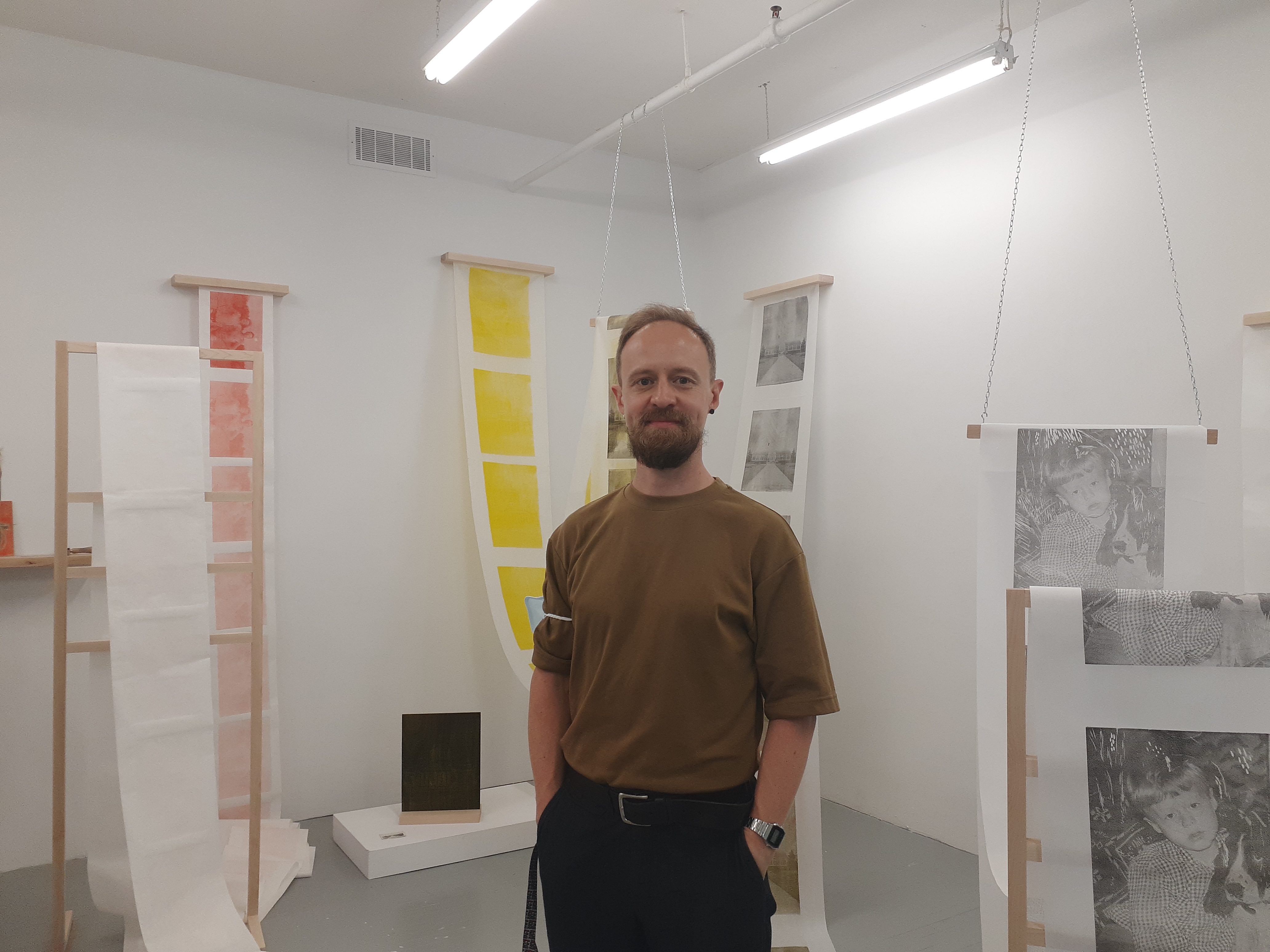
goodbye! and next steps for colleague and friend alexey lazarev
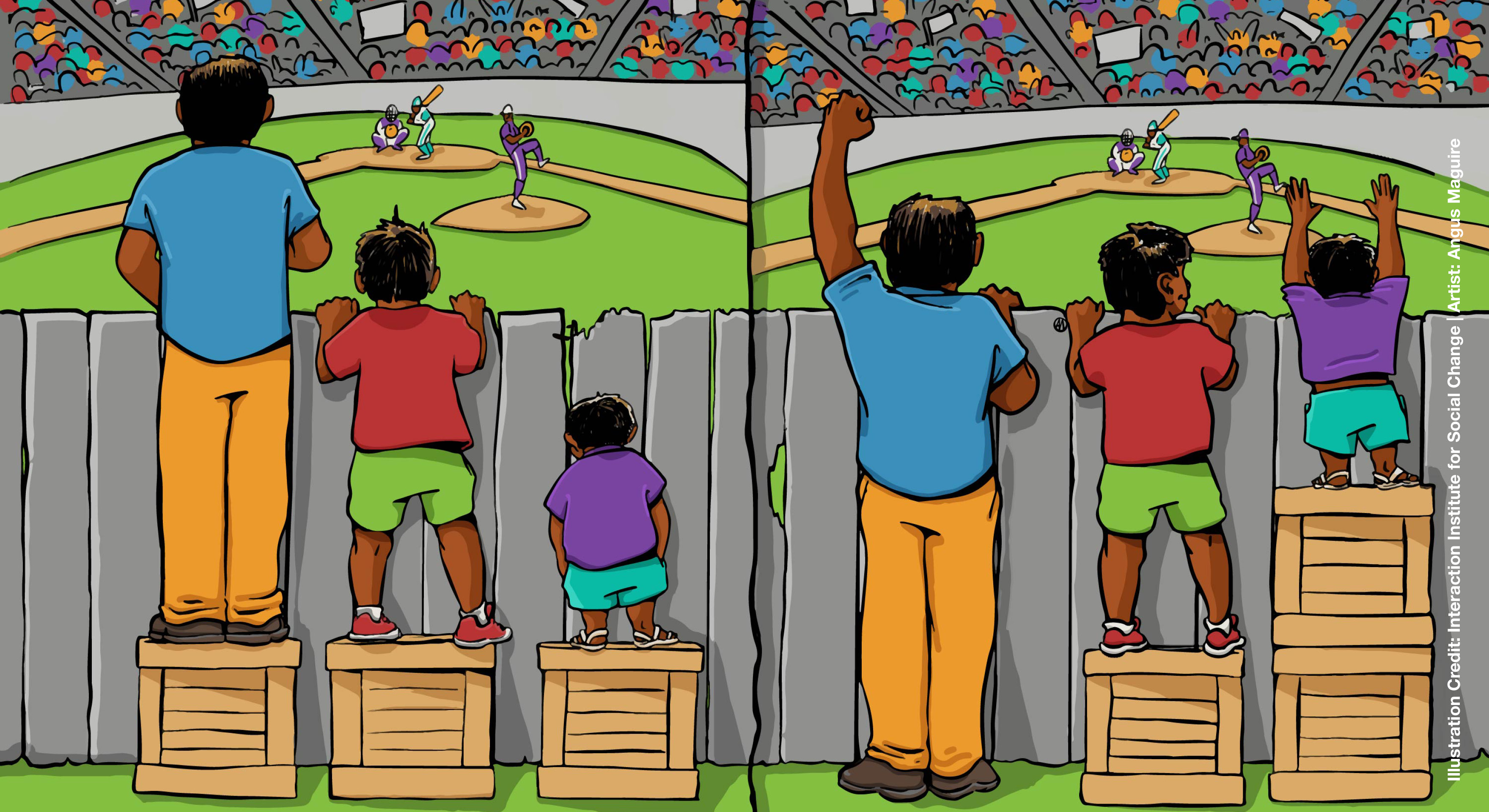
explorations in ethical design: meditations on equality
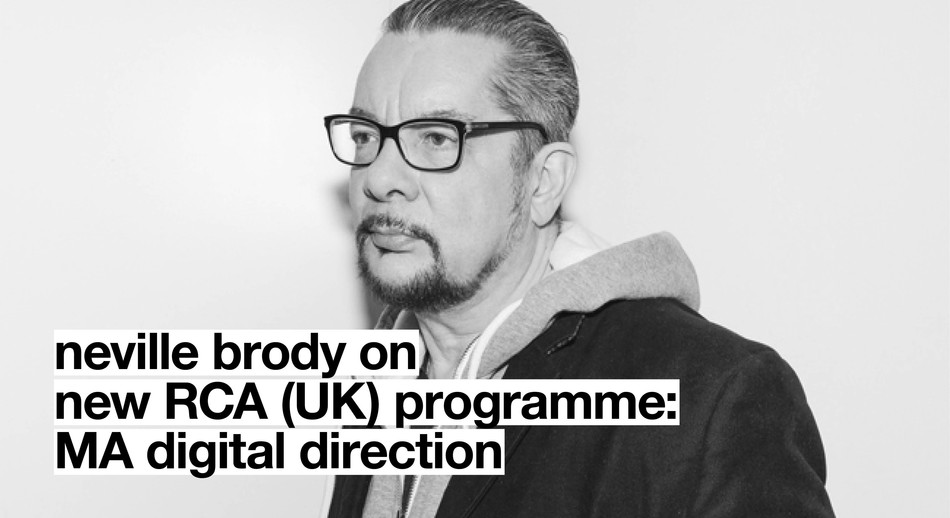
RCA launches new programme: MA Digital Direction
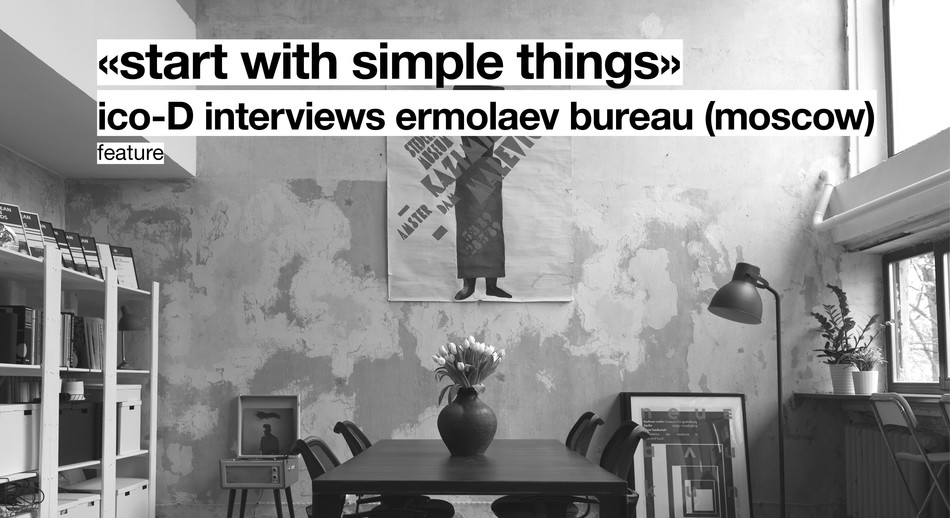
Interview | Ermolaev Bureau (Moscow)
